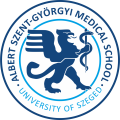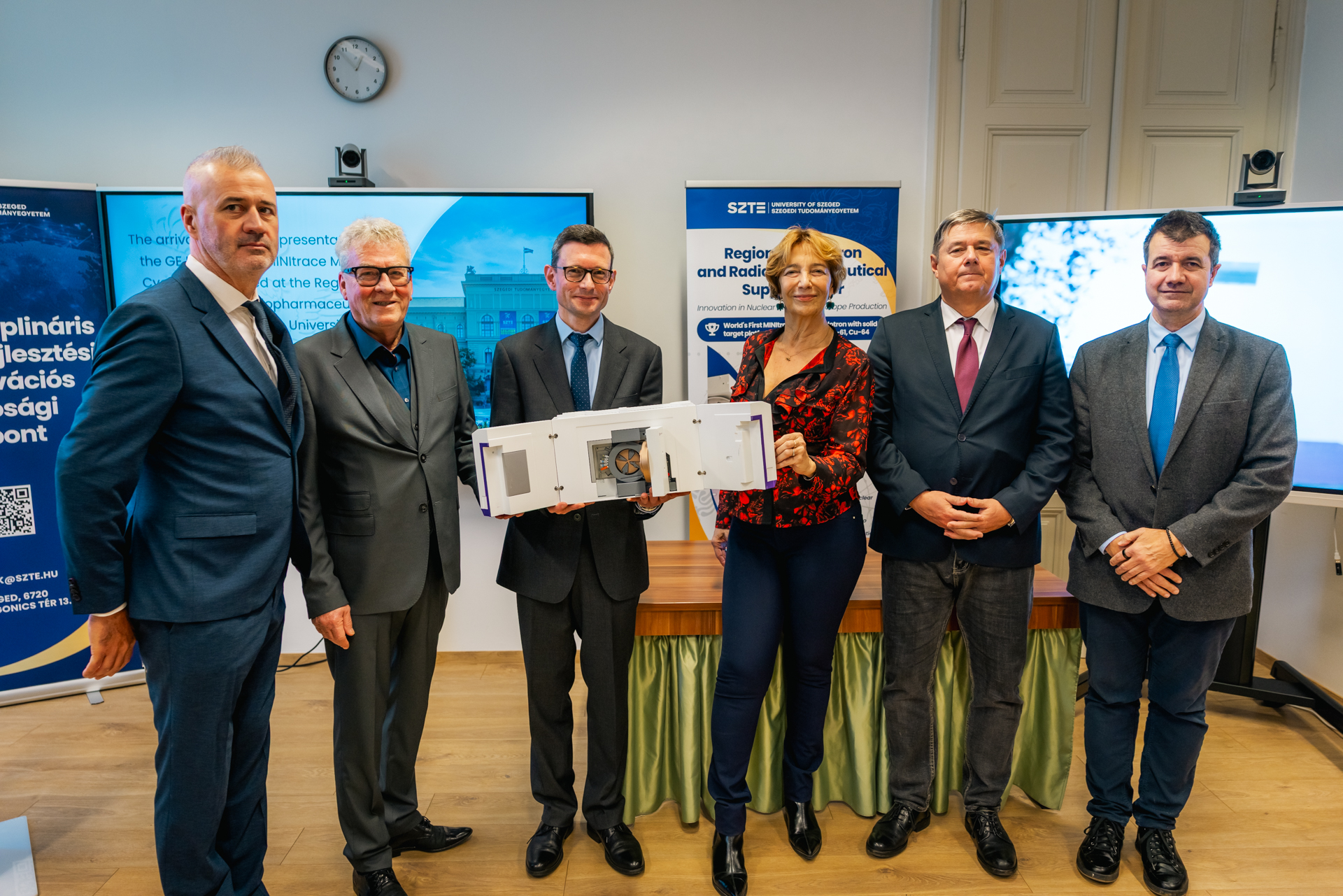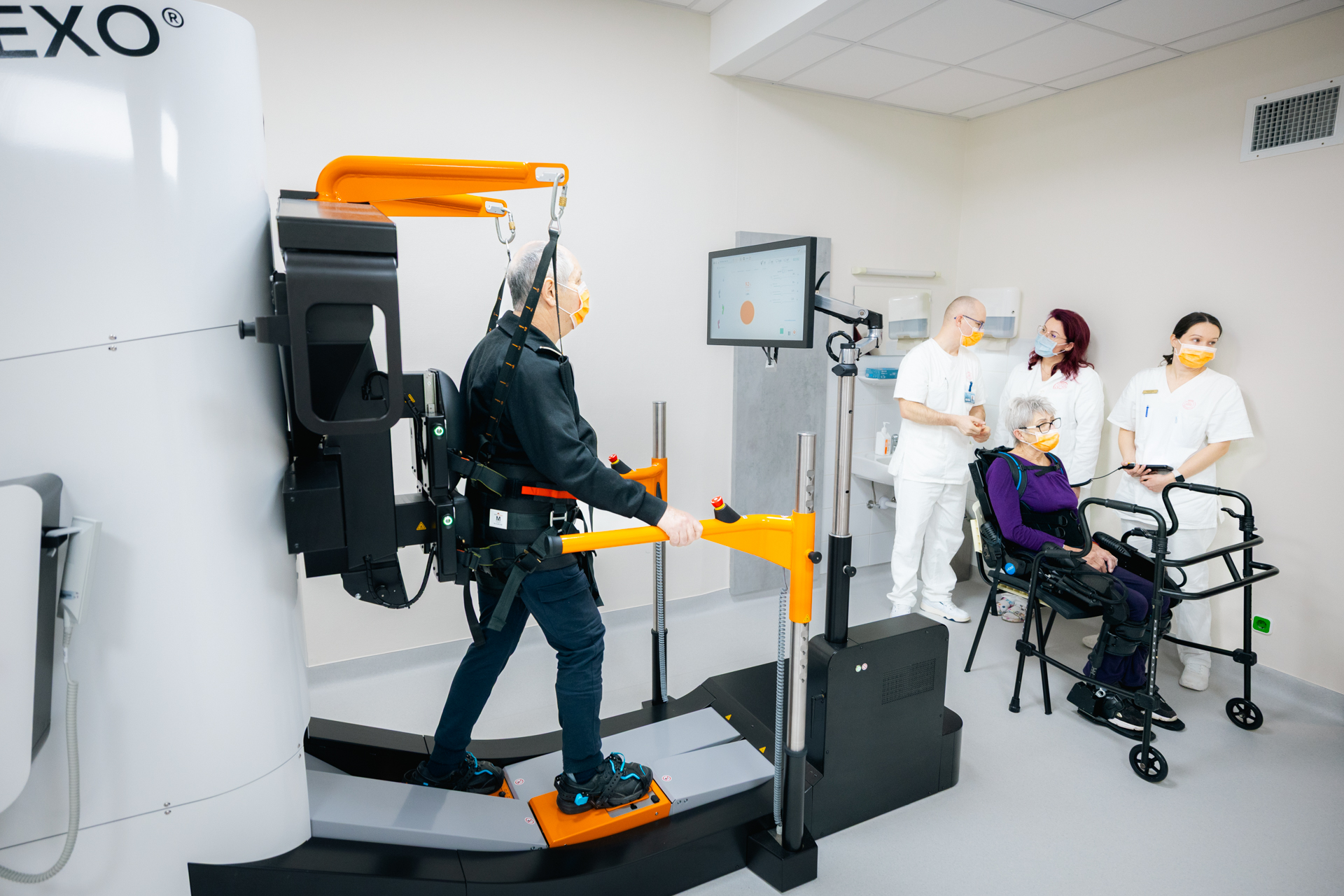University of Szeged
Albert Szent-Györgyi Medical School
Foreign Students' Secretariat
Your Education. Our Mission.
Diploma average - Albert Szent-Györgyi Medical School
Doctor of Medicine diplomas are rated as follows: After the successful completion of the State Board Examination, the candidate will be awarded a Doctor of Medicine degree at the Albert Szent-Györgyi Medical School. The degree will be signed by the Dean (or his deputy).
The qualification of the Diploma is calculated by taking the mathematical average of the grades achieved in the following examinations:
The grade awarded to the thesis defence,
the grade awarded to the written part (test) of the state board examination,
the grade awarded to the oral part of the state board examination,
the grade awarded to the practical part of the state board examination.
Comprehensive examinations to be included in the calculation of the diploma average:
Anatomy, Histology and Embryology III.,
Biochemistry II.,
Medical Physiology II.,
Pathophysiology II.,
Microbiology II.*,
Pathology II.,
Examination in Behavioural Science,
Pharmacology and Pharmacotherapy II.,
Public Health and Preventive Medicine II.,
Internal Medicine,
Pediatrics,
Neurology,
Psychiatry,
Surgery,
Obstetrics and Gynaecology,
Hungarian Language VIII.
Examinations to be included in the calculation of the diploma average:
Medical Physics II.,
Medical Chemistry II.,
Cell Biology and Molecular Genetics II.,
Immunology*,
Orthopedics,
Pulmonology,
Radiology II.,
Anesthesiology and Intensive Therapy II.,
Oto-Rhino-Laryngology,
Forensic Medicine II.*,
Dermatology,
Oral and Maxillofacial Surgery and Stomatology,
Ophthalmology,
Urology,
Traumatology.
*In the case of students who have begun their studies prior to the 2013/2014 academic year, the results of the following comprehensive examinations will be included: - Microbiology and Immunology II. instead of Microbiology II.; Immunology separately. - Examination of Forensic Medicine-Public Health instead of Public Health and Preventive Medicine II.; Forensic Medicine II. separately. Furthermore, in the case of students who have begun their studies prior to the 2018/2019 academic year, the results of the following examinations will be included: - Medical Physics and Statistics II. instead of Medical Physics II.
Doctor of Medicine diplomas are rated as follows:
"Summa cum laude" (4.51 - 5.00)
"Cum laude" (3.51 - 4.50)
"Rite" (2.00 - 3.50)






